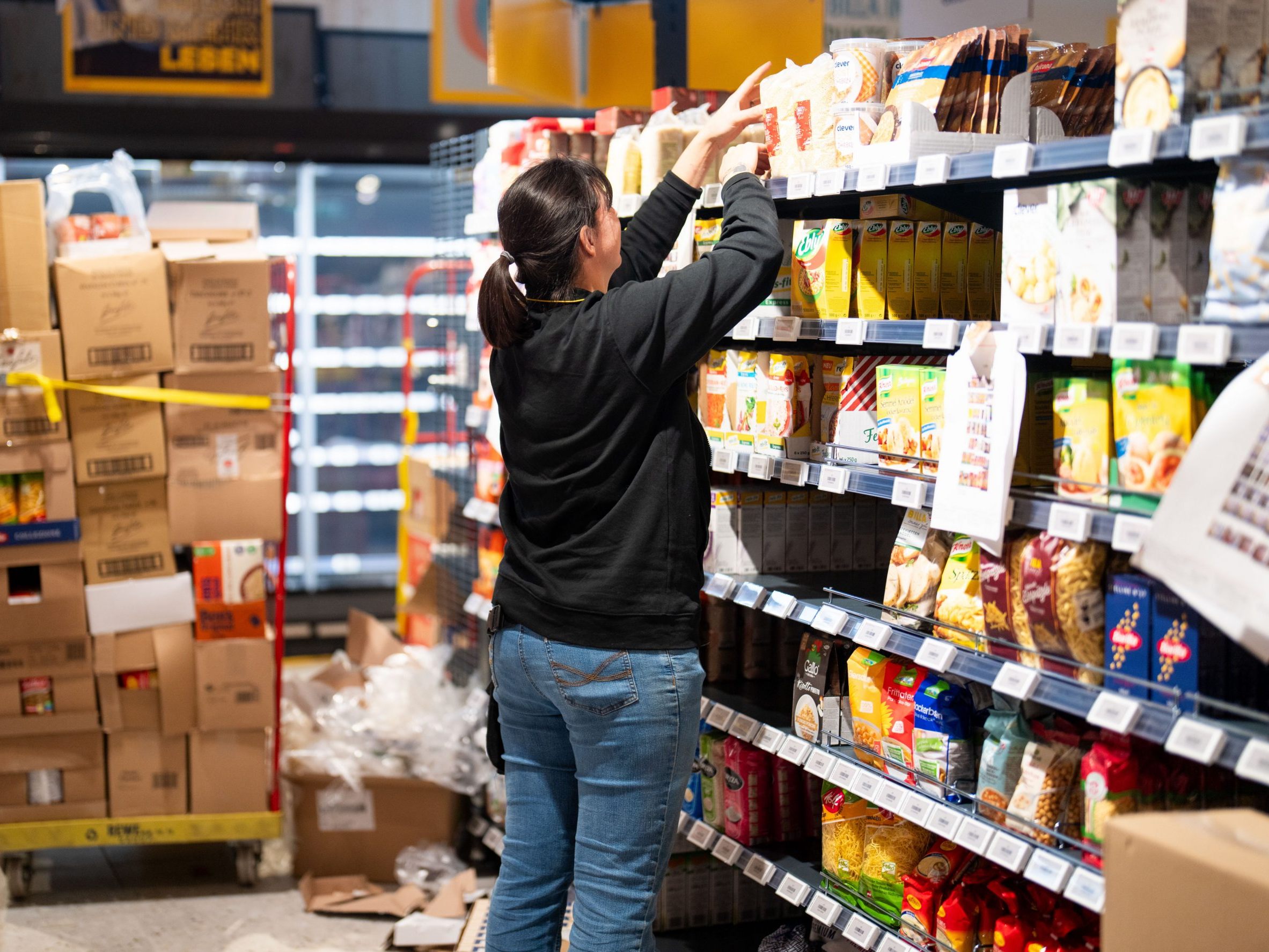"Shrinkflation" Increases: Frustration Over Hidden Price Increases in the Supermarket

The hidden inflation through so-called "shrinkflation" has also significantly increased in Austria. According to a recent analysis by the organization foodwatch Austria and the price comparison platform preisrunter.at, almost every product category in the supermarket is now affected: from snacks to canned goods to ice cream.
Hidden Inflation: More and More Products Are Shrinking on the Shelf
The principle is simple – but effective: The quantity shrinks, the price remains the same. For customers, this means a real price increase, which is usually not labeled and therefore often goes unnoticed.
An example: A pack of Biscoff caramel biscuits cost 2.19 euros for 250 grams at MPREIS in 2024. In 2025, it still costs 2.19 euros – but now contains only 200 grams. This corresponds to a price increase of 25 percent.
A positive example, however, shows that it can be done differently: With Vitalis Crunchy Muesli Chocolate, Dr. Oetker reduced the content by 100 grams – and made the change clearly visible on the packaging.
Customers Are Deceived by "Shrinkflation"
Whether large corporations like Nestlé and Lotus, dairies like Zott, or private labels – the manufacturers' justifications vary: new packaging, raw material prices, supplier changes. For consumers, only the result counts in the end: paying more for less product. Even when manufacturers lower their non-binding price recommendations, this reduction does not automatically reach the customers.
"As long as there is no legal labeling requirement, shrinkflation remains a brazen form of deception," criticizes Indra Kley-Schöneich from foodwatch Austria. Voluntary transparency is not enough.
France as a Pioneer, Austria Hesitates
In France, a legal regulation was introduced as early as July 2024. According to this, quantity and price changes must be directly labeled on the shelf for two months. The aim is to protect consumers from hidden price increases.
The Austrian federal government also announced measures against "shrinkflation" in the spring of 2025 – including a labeling requirement. Economic Minister Wolfgang Hattmannsdorfer recently spoke of a planned law, but concrete steps are still pending. Until then, consumers only have the option to look closely and check fill quantities, base prices, and packaging information themselves.
(Red)
This article has been automatically translated, read the original article here.





